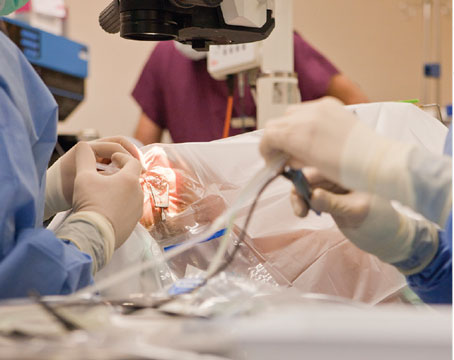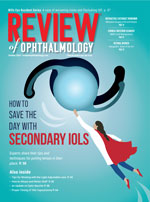 |
To paraphrase a Walt Disney movie, “It’s a tale as old as time”: The younger generation doesn’t work as hard, doesn’t understand adversity and is spoiled. If that were consistently true, generation after generation, then our forefathers were lucky to have survived to adulthood. And ‘kids nowadays’ wouldn’t lift a finger without complaining—and they do complain. They’d never be able to “walk to school uphill, both ways, in the snow” like we had to. The apocryphal Millennials of our time—those born between 1981 and 1996—have had a lot written about them and have generated enough cliches that all you have to do is say the word “Millennials,” roll your eyes and give a deep sigh to write off an entire generation. But is that an even remotely deserved approbation?
Well, as uncomfortable as it may be to say, there’s a kernel of truth to most stereotypes. But how much of that is really the fault of the individuals in this demographic vs. the society in which we now live? If Millennials are thought to be lazy, irresponsible and spoiled, how much of that, if true, has been facilitated by how life has changed? We’ve become a society where you don’t have to expend as much physical energy to earn a living. Remote work, automation, computers, online shopping and everything else you could potentially want are at your fingertips. If you take advantage of that, is it being lazy or just living in the 2020s? If we’re trying to be more attuned to the challenges of living day-to-day, is that desirable or just coddling? It’s difficult to know.
In my role as attending surgeon at the hospital and an operations consultant for the resident clinics and comprehensive practices, I interact with the younger generation— residents, fellows and new associates—every day. As a result, I’m constantly reminded that the world has changed. I suppose it’s natural that I view my daily interactions through the lens of my experience, but I’m afraid I’ve fallen into the habit of using my approach to work/life as a benchmark for all those who have followed. I often shake my head at attitudes and behaviors I can’t understand.
It seems so different from when I was a resident and new attending. There are so many small examples from our world: not showing up for lectures; complaining about having to work up their own patients; unhappy that clinics are running past 4 p.m.; having to see too many patients; or having to change their plans at the last minute to help out. In the ‘days of the giants,’ we had to admit every patient for surgery, clinics regularly ran until 6 p.m., and there was no ‘night float’ to give you a day off after taking call—just to name a few adversities we had to deal with.
In medicine there used to be a more widely accepted dedication to work, no matter how all-consuming it was. It was part education and part a rite of passage. Home life was secondary. Sleep was secondary. Even happiness was secondary, unless you could derive it from being on-call and working the entire next day.
The watershed moment when this all began to change was the death of a patient in New York City in 1984 under the care of a medical intern who’d been up all night and working the next day. As it happened, the patient was the daughter of a New York Times reporter, and the incident created such a firestorm that national resident training rules were totally rewritten. It sparked an ongoing discussion of work/life balance not only for the benefit of patients, but for the residents themselves.
While there were necessary changes, expectations for commitment to work have also changed. What was the norm 30 years ago isn’t accepted now. This also altered what doctors expected when they went out into the workforce. So, whether members of this generation are less inclined to devote themselves to their careers, or society is moving toward a more holistic balance between work and life, the result is both a shortage of health-care providers and a disconnect between those just beginning their careers and those of us at the end. Should I be proud of the hills I had to climb (each way) or welcoming of a better quality of life? Well, at least now there’s less snow.
Dr. Blecher is an attending surgeon at Wills Eye Hospital.





